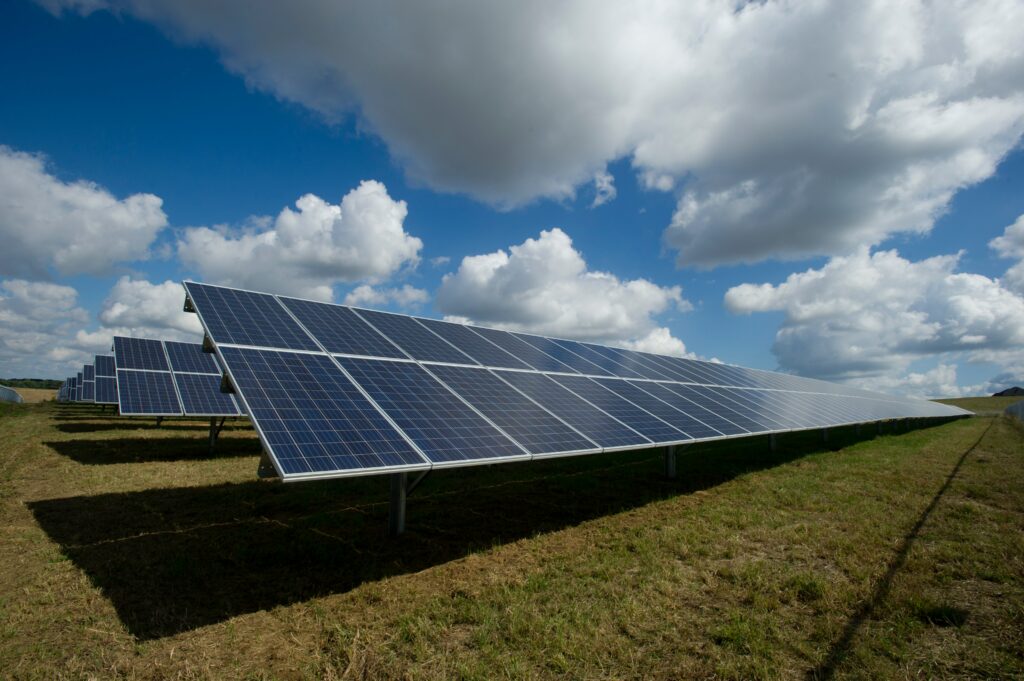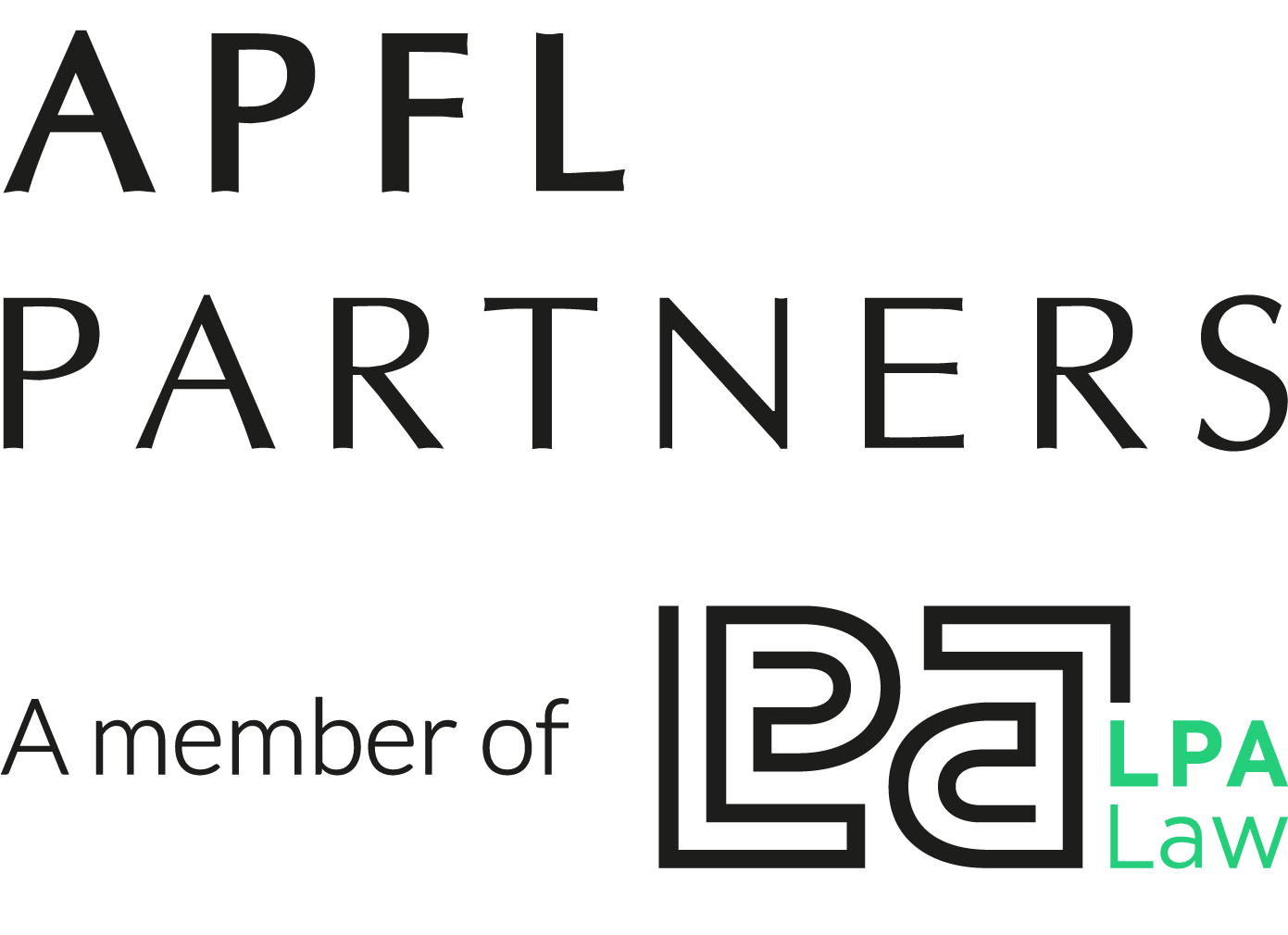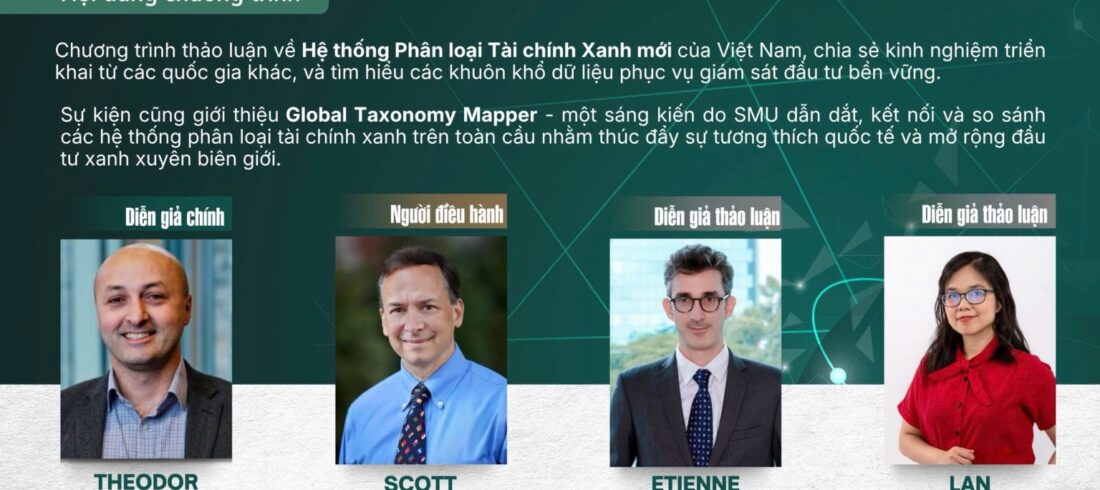Vietnam Introduces Direct Power Purchase Agreements

Foreign investors and domestic enterprises have long called for a legal mechanism which would permit those who generate renewable power – such as rooftop solar, wind power, or tidal energy – to sell it direct to consumers through so-called direct power purchase agreements (“DPPAs”).
Under current arrangements, renewable power must first be sold to Electricity Vietnam (“EVN”) who then sell it on again to the end-user. However, if suppliers could cut out the ‘middle man’ and sell renewable power straight to consumers, it would help to introduce competition to the market, meet growing demand for sustainable power, encourage greater investment from the private sector, and protect the environment.
According to research from the Ministry of Industry and Trade (“MOIT”) in 2023, 20 large companies expressed interest in purchasing up to 1,000 million kilowatts (“MW”) through a DPPA. Meanwhile, 24 renewables projects with the potential to generate over 1,700 MW indicated their willingness to sell it through an arrangement of this kind.
DPPA Decree Published
The government has been working on a legal framework to permit DPPAs since 2017 with technical assistance from USAID. Drafts have been published and consulted on since 2019.
Then, on 3 July, the long-awaited Decree No. 80/2024/ND-CP (“Decree 80”) on DPPAs was published.
Entering into force on the date of its publication, Decree 80 now permits renewable energy producers to sell power directly to consumers either through a private transmission line or the national grid. It includes no limits on the amount of solar, wind, geothermal, wave, or tidal energy that can be sold to large consumers.
However, it is important to note that waste-to-energy plants are not included in the new regulations.
The DPPA Decree in Detail
There are specific requirements before a supplier can sell renewable power to consumers through a DPPA. For instance, their solar or wind generators must be able to produce at least 10 megawatts (“MW”) to sell through the national grid. Suppliers will also require a license or waiver and be connected to the grid.
Meanwhile, those who purchase power through a DPPA must meet minimum consumption criteria of 200,000 KW hours per month. In practice, this applies to large power consumers.
Under the new DPPA decree, providers and purchasers can negotiate the terms and agree upon the price between themselves for transactions using direct transmission lines. For transactions using the national grid, the spot electricity market price will be applied. Those opting out of a DPPA can still sell their power to the national grid.
Decree 80 has received a warm welcome from domestic and international chambers of commerce. In making it easier for large power consumers to purchase renewable energy, it will enable these companies to meet their sustainable energy goals as well as their Environmental, Social, and Governance (“ESG”) reporting requirements. This initiative also aligns with Vietnam’s commitment to decarbonise its economy and achieve net-zero emissions by 2050.
For more information about Decree 80, DPPAs, or investing in renewable power projects in Vietnam, please contact our team on: contact@apflpartners.com
Disclaimer: This article and its content are for information only and are not given as legal or professional advice. they do not necessarily reflect all relevant legal provisions with respect to the subject matter. Readers should seek legal or professional advice before taking or refraining to take any action.


